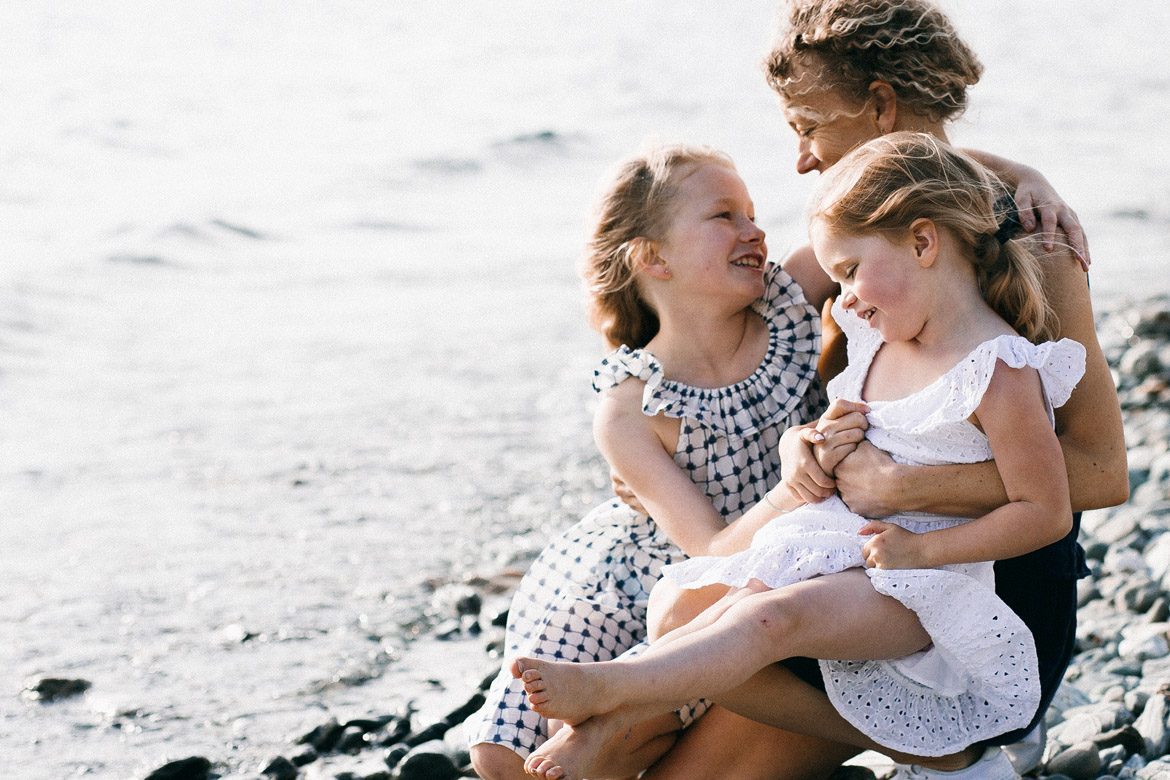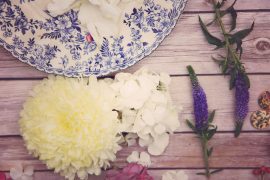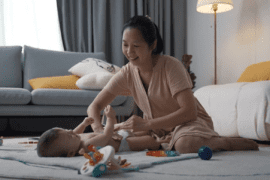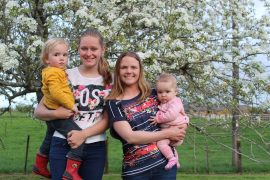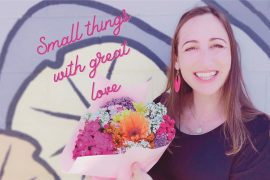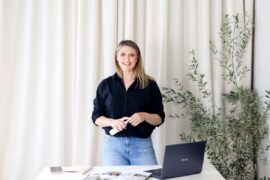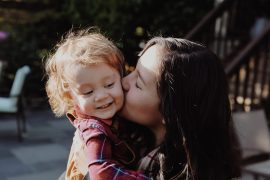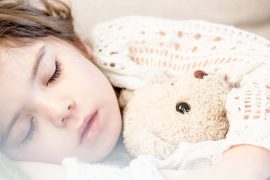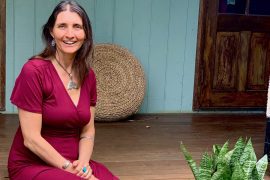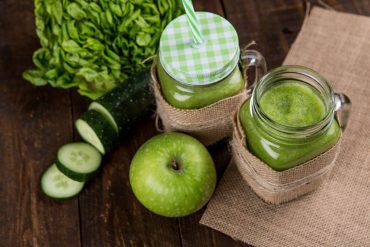By Cathy Oliver
‘So, what do you do?’
Standard issue question for a conversation with someone you’ve just met (see First Dates). Generally, the intent is to find out how the other person makes a living, rather than other worthwhile things they might ‘do’. For women on a break between jobs to look after a new baby, or those who have decided not to return to work since becoming a mum, answering that question can induce conflicted feelings.
Whilst you’re so proud of yourself for keeping a small person alive and happy each day, and you know the gargantuan effort that entails, you can’t help but wonder if you’re being lumped into the ‘mum’ box. That grey, nondescript, unimportant box society reserves for those without an identifiable commercial role (hey, you know, we’re only adding humans to the earth and making sure they grow into good ones, no biggie). If you think others see you as ‘less than’, it knocks your confidence. People derive much of their sense of identity and purpose from their occupation. If you don’t fit into a shiny corporate box, where does that leave you?
Equally, women returning to work after having a baby might face prejudice relating to their new ‘mum’ status; questions about their ability to perform, scoffing from colleagues about new working hours, a promotion pass-over. Having experienced workplace discrimination during my pregnancy, a subsequent redundancy and doubts over my professional capabilities since having a baby, I’m interested in the negative connotations of the word ‘mum’ – and particularly their effect, when expressed by typically misogynist douchebags, on a woman’s self esteem and self image. Why do we allow ourselves to be belittled?
Is it because we are stripped of our name? We become a generic ‘mum’ brand to our children and society. Our birth names, the letters that signpost our education, the job title we worked hard for, all hiding behind three letters perched on a pile of nappies and smeared in sudocrem.
Is it because we feel we lose ourselves in the sacrificial effort of spending every waking moment (and let’s face it, most of them are waking…) keeping a small human alive and happy? So we feel we should be more than ‘mum’, fearing it is all we have become, and it signifies a loss of the woman we were.
Is it because there is a societal expectation that the demands of motherhood should come naturally and easily to a woman, belying the huge and unexpected stretch of her abilities to physically and mentally adapt that the role requires? Do we reduce the task of motherhood to a series of mundane, repetitive actions to care for basic survival (bum-wiping, classic example), failing to see the draining, wonderful complexities and dignity in caring so deeply and attentively for a vulnerable new human being?
I’m not sure how I feel about describing motherhood as ‘work’. In one sense, it absolutely is, and the hardest damn work you’ll ever do. In another, it is SO much more than that.
I’m not sure how I feel about describing motherhood as ‘work’. In one sense, it absolutely is, and the hardest damn work you’ll ever do. In another, it is SO much more than that. Yes, lots of women can pop out a baby (because it’s just like shelling peas you know…), you don’t need qualifications… but then, perhaps, to be a good mother, you do? Whilst growing a baby and giving birth are incredible achievements alone, and take a tremendous physical and psychological toll on a woman, they are only one small aspect of motherhood. Being a mum requires an abundance of qualifications that you cannot teach; dedication, commitment, tenacity, self-sacrifice, humility, creativity.. I could go on.
Parenthood is an extensive education. An endlessly fascinating and fulfilling lesson in who you are, who you want to be, and how to live life. Your first lesson is about the human capacity to love, deeply, unequivocally, without reason or boundaries. With this comes the realisation that this is how your parents feel about you. I wonder what those people who speak of motherhood in reductive terms think of when reflecting on their own mothers? For those of us lucky enough to have a good mum in our lives, they are an object of permanence, a safe secure base, a guarantee of unconditional love. Until they’re gone. And when you lose your mother, I imagine, is when the magnitude of her impact on your life and sense of self is really felt. A mother is the pillar on which the foundations of ‘you’ are built. Your first human connection. Your first love, teacher, friend, protector. The person who values you above all others. Imagine that, being the building blocks of someone else’s identity and self-worth. What a privilege…
See next page for the rest of this piece…

